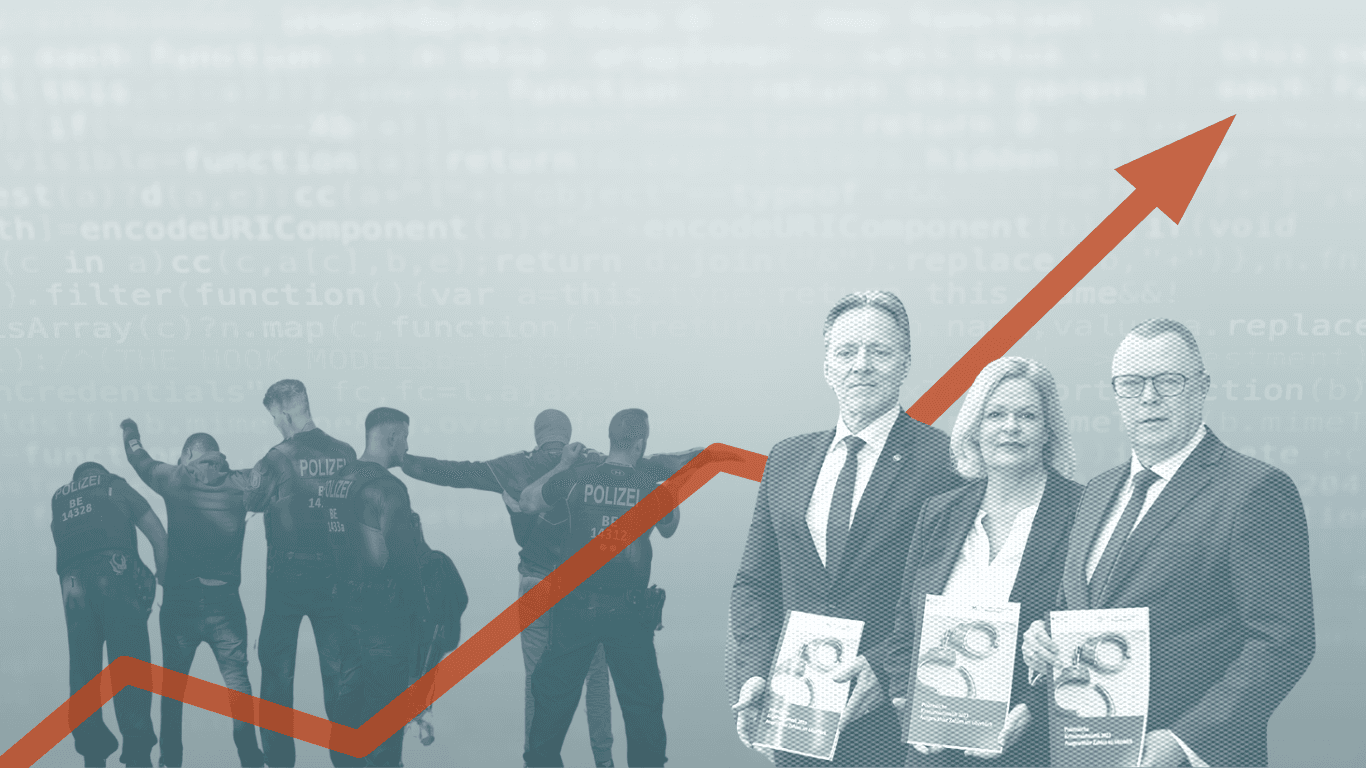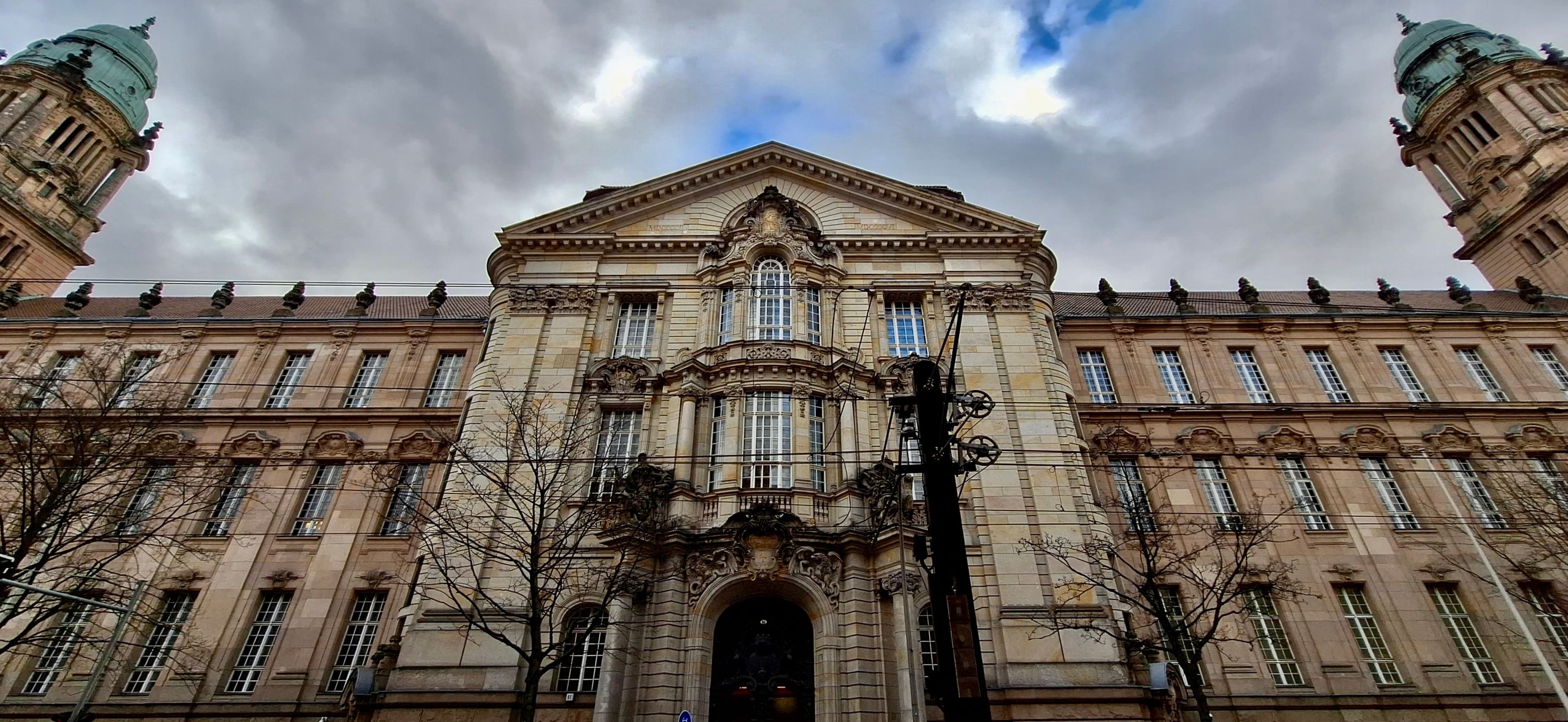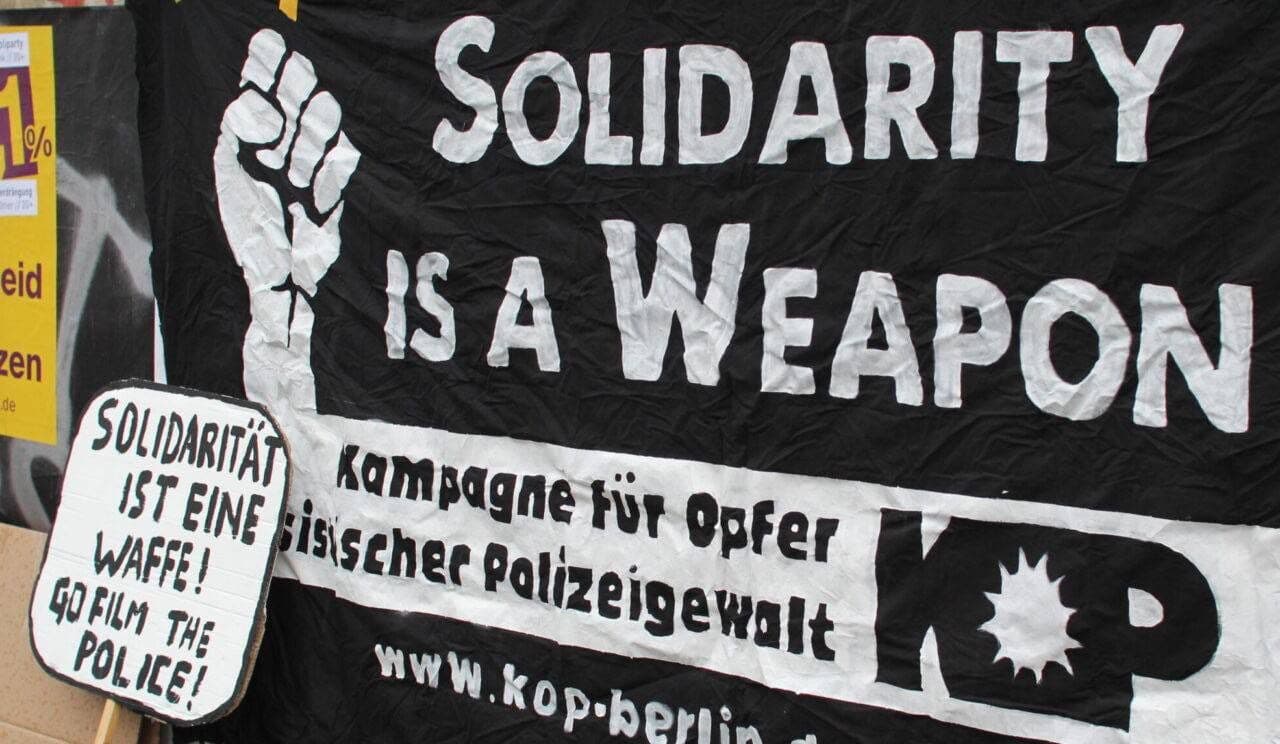Case 15
| Case Number | 15 |
| Charge | Traffic Offense, Other Offenses |
| Defense Attorney Present | No |
| Interpreter Present | No |
| Racialized Person | Yes |
| Outcome | Other Outcomes |
In quick proceedings of about ten minutes, the court dismisses administrative charges brought against a young man after a traffic dispute in which the other party, a plainclothes police officer, had abused his authority.
This was a rare case in which police overreach was addressed and resulted in a more favorable outcome for the person accused of wrongdoing. Yet, the case still reveals injustices. The accused man was originally sentenced to a fine for a driving offense. Because of procedural barriers, people rarely appeal such cases. At trial, we see how the police and courts are part of an interconnected punishment system, which is set up so that police misconduct is not properly addressed. In this type of case, the proceedings are short and the police officer would not be asked to appear. The court dismissed the case but without going into the facts in detail or holding the police officer accountable for using his position to intimidate someone. In this way, police wrongdoing is still hidden and brushed aside rather than addressed in a systemic way. The best result, dismissal, is still not ideal for the accused, who likely experienced stress and other consequences as a result of the proceedings.
This is a case of a traffic dispute in which, according to the person being fined, he was driving and had the right of way to make a turn. Another driver was interfering with his turn and the two had a dispute over this. As they discussed, the other driver told the accused that he was a police officer (he was not in uniform) and demanded his personal details. The accused responded that he did not believe the person was a police officer and did not want to provide the information, but he eventually did. The police officer called additional police to the scene and the accused was charged with a violation and fined, which he appealed. Based on a short discussion of these facts, the judge held that the police officer's actions exceeded his authority and dismissed the case against the accused.


